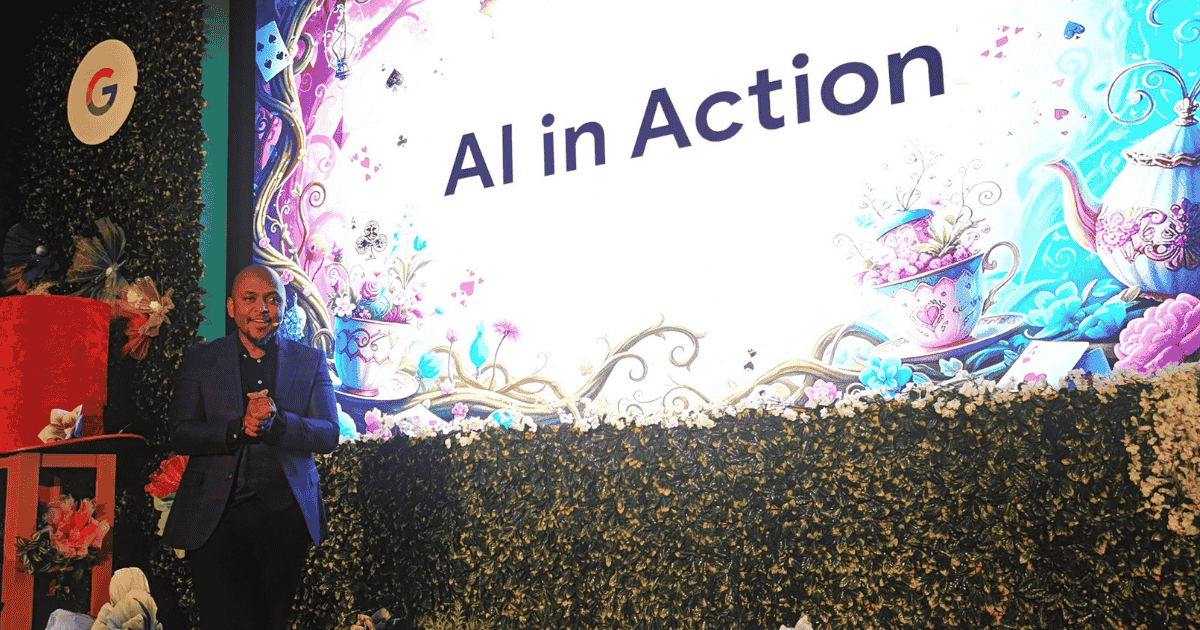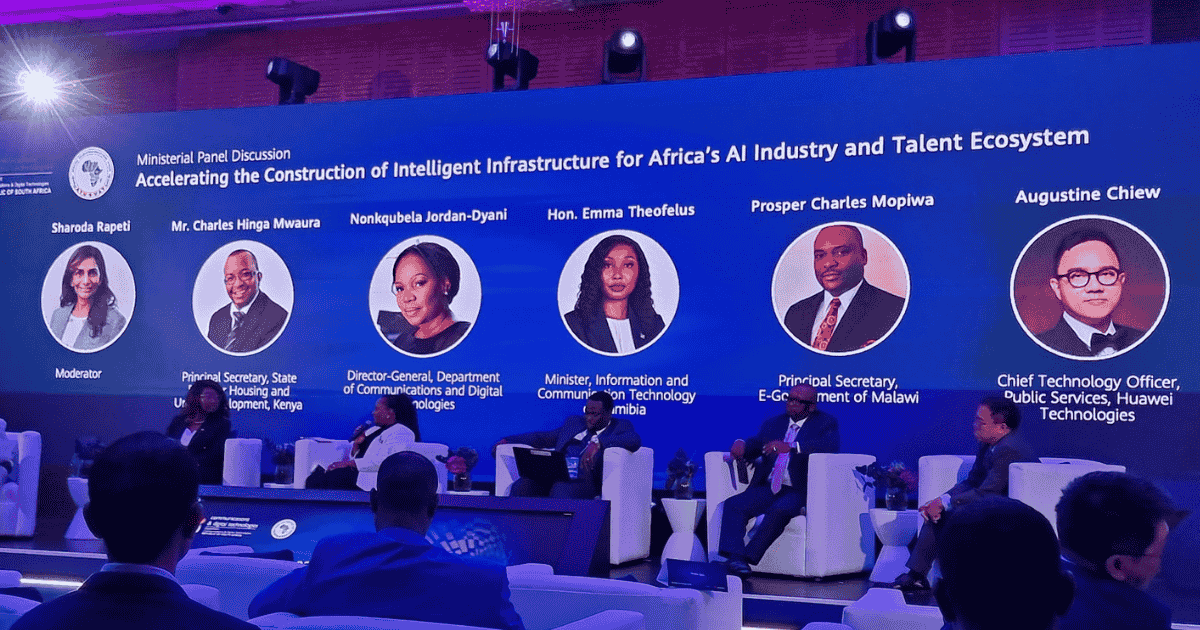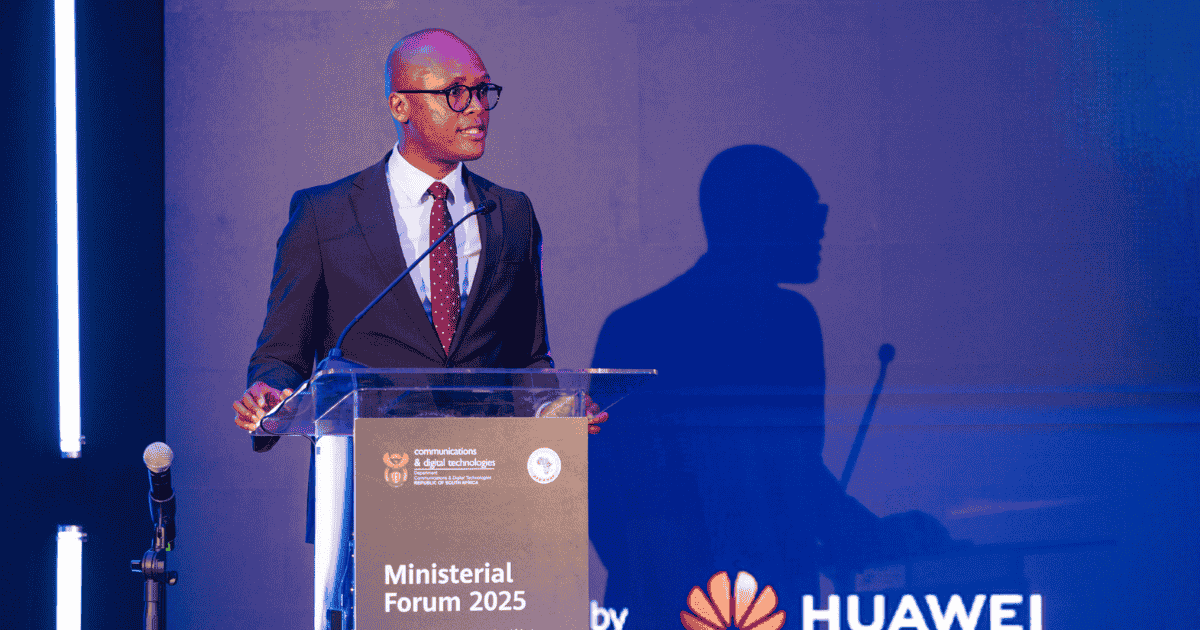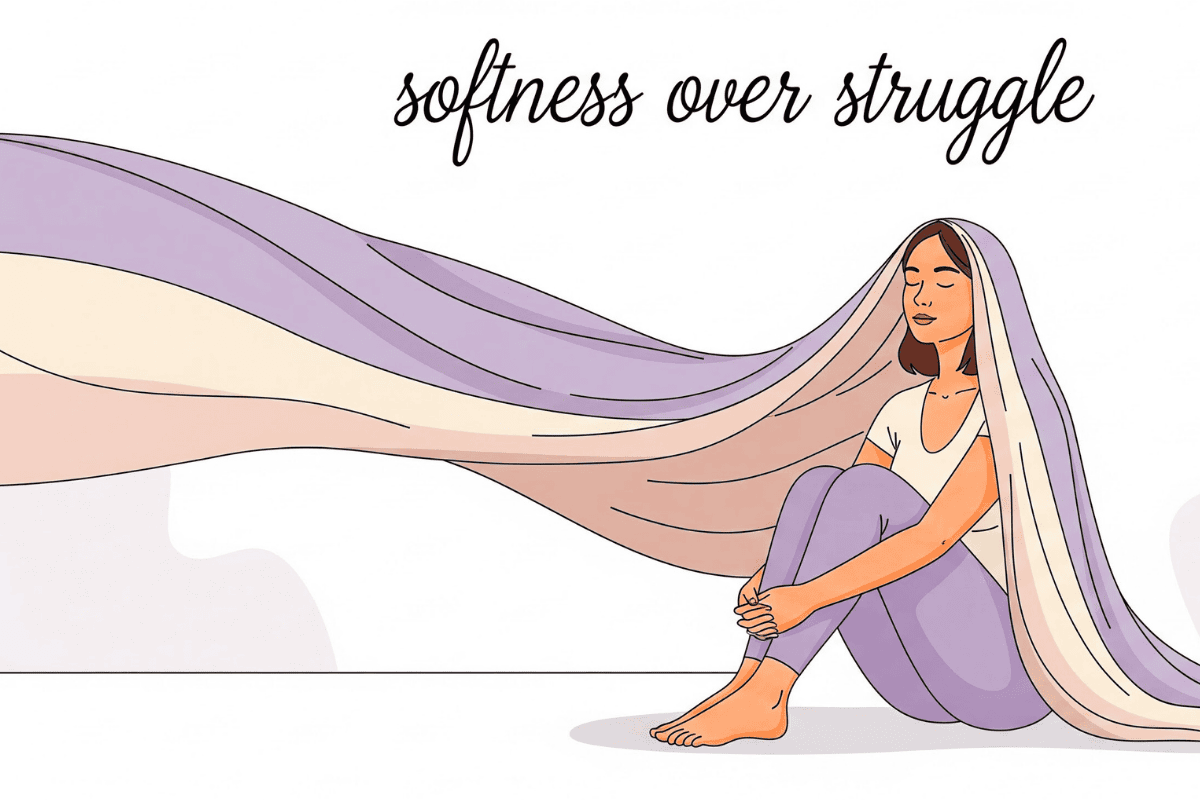Google’s latest AI in Action event in Johannesburg focused on how AI is already being used across South Africa.
The venue leaned into a playful, immersive aesthetic: Alice in Wonderland! Think bold colours, oversized props, and whimsical set pieces that felt straight out of a modern dark fantasy adventure.
There were checkerboard floors galore, vivid spiral panels lit in neon, and pockets of lush greenery tucked between lounge areas.
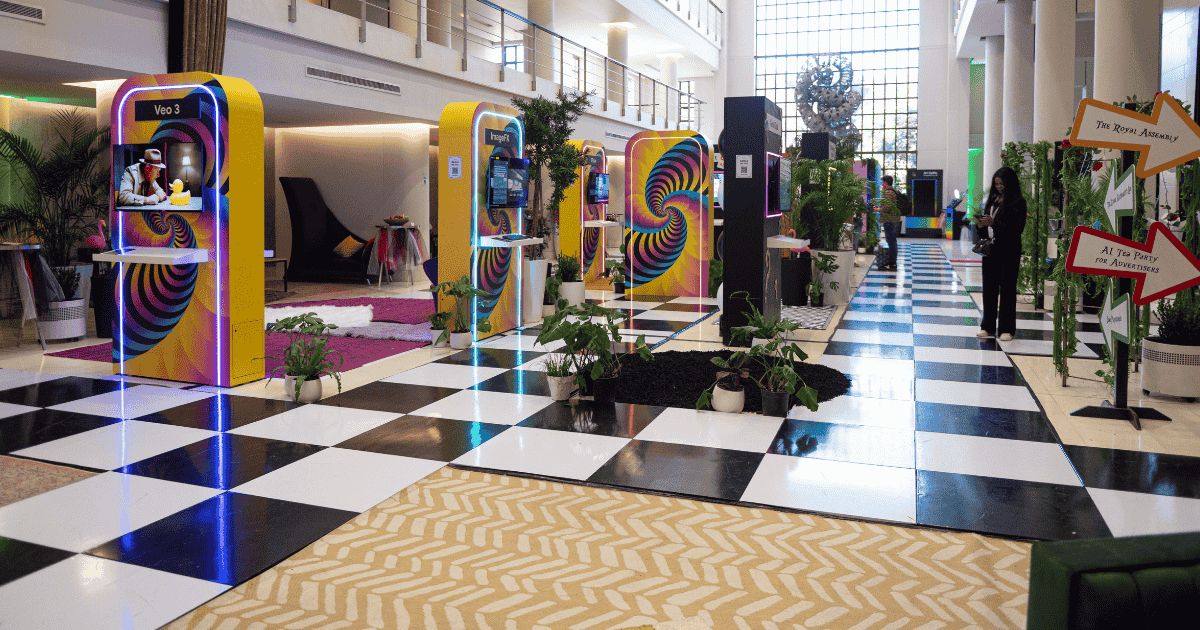
It gave the high-tech showcase a creative, almost surreal backdrop.
Google AI in Action event
The theme, “AI is Now” placed the focus on tools already changing how people work, learn, and build businesses. Right now. Already in practice.
Kabelo Makwane, Google South Africa’s Country Director, summed it succintly: AI can boost the economy and improve lives, sure.
But it has to be rolled out responsibly, inclusively, and with the right partnerships.
AI tools you can actually use now
We saw tools in action that are already changing the digital space, from fresh launches with big upgrades to what’s already out there.
Ask-A-Question
Among the standouts was Ask-A-Question. It’s a natural language chatbot, developed in partnership with IDInsight and Reach Digital Health with Google.org’s support.
At the time of publishing, the chatbot was already answering up to 60,000 health questions a month for new and expectant mothers on South Africa’s MomConnect platform (and with 83% accuracy).
Built on Google Cloud and a fine-tuned Gemma model, it’s now open-source so others can adapt it.
NotebookLM
NotebookLM also made news!. This is a product we already rely on heavily at TechNation. It’s mentioned in our stack, and a detailed guide will be published in due course.
The research tool is rolling out in isiZulu and Afrikaans to help students, researchers, and businesses summarise material in their own language.
It can now also turn source material into instant video overviews! This feature was launched just a few days ahead of the event. Google says it’s private by default.
SynthID Detector
On the content side, Google launched the SynthID Detector, a public tool to spot AI-generated images and video already marked with SynthID.
Over 10 billion pieces have been tagged so far, with the goal of offering a new layer of transparency and trust, especially for journalists and researchers.
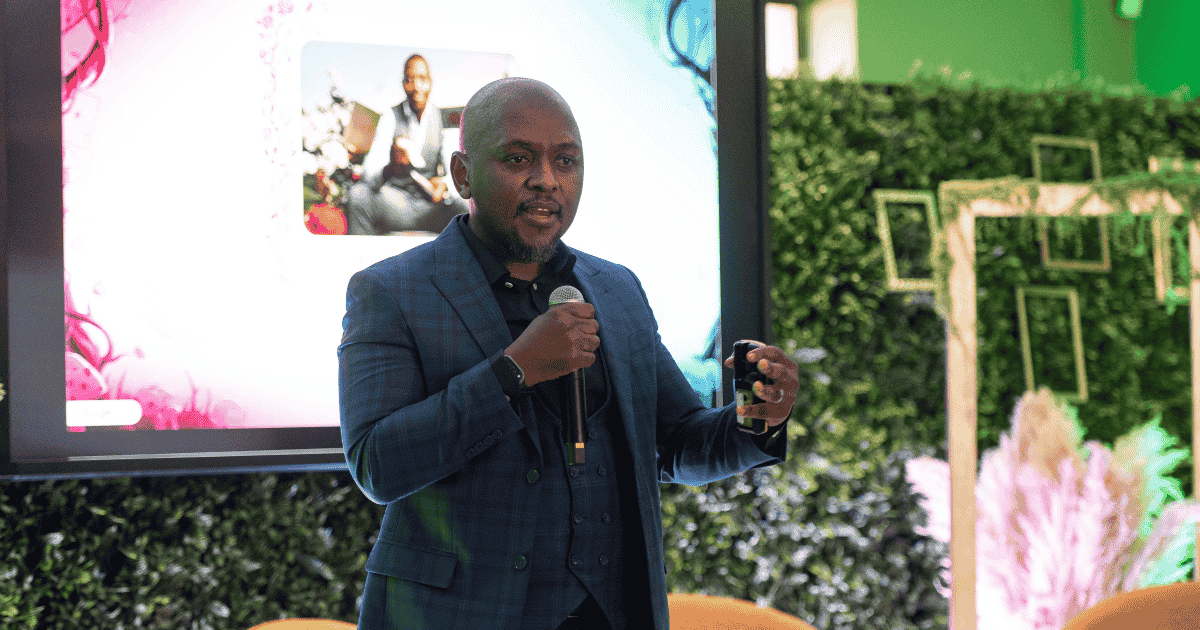
READ: Google unveils new AI-powered tools in South Africa
VO3
There was also a demo of VO3, a video generation model that adds audio to high-definition clips. Its latest version creates a richer, more immersive experience.
It also offers native support for sound effects, background noises, and dialogue. New features include camera controls, outpainting, and object add/remove capabilities.
It is available today in the Gemini app and on the Vertex AI platform for developers/
Imagin 4
Then there was Imagin 4, touted as Google’s most advanced image generation model. New updates include improved image quality, better text rendering, and enhanced speed.
It can generate images up to 2K resolution, and all images created by Gemini using Imagin 4 are digitally watermarked with SynthID to identify them as AI-generated.
Other announcements
Other creative highlights included experimental tools for filmmaking, generative music, animated explainers, and 3D video conferencing through Google Beam.
Google is working with partners like Zoom and HP to bring it to businesses worldwide.
Developers have also been given a glimpse of Project Astra, a universal assistant that listens, remembers, and acts.
It’s essentially a universal, multi-modal AI assistant designed to understand natural voice.
A highligh of the event was the sneak peek of Gemini on Glasses, showing off live translation and navigation with just a glance.
Think: real-world messaging, directions, appointment management, and live language translation with just a glance (even offline) through Android XR glasses
AI for good
The event also highlighted how AI is being applied to close critical gaps in healthcare, education, disaster readiness, and science.
Google Translate now supports almost 250 languages, with 110 added last year, many of them African.
Live translations in Google Meet now keep your voice and intonation intact. (This is kinda a big deal!)
Google Flood Hub
Google also explained how AI tools such the Flood Hub are being used to forecast floods in over 100 countries, including 41 in Africa.
The tool gives communities up to a week’s warning.
In a similar vein, tools are being developed to empower farmers with data-driven decisions for pest identification and climate-resilient crops.
AlphaFold 3
Meanwhile, AlphaFold 3 (Google DeepMind’s molecular modelling system) is freely available and already in use by over 25,000 African researchers.
Professor Paul Amayo, a visiting faculty researcher at Google and faculty member at the University of Cape Town, said the Nobel Prize-winning AI system predicted the structure of over 200 million proteins.
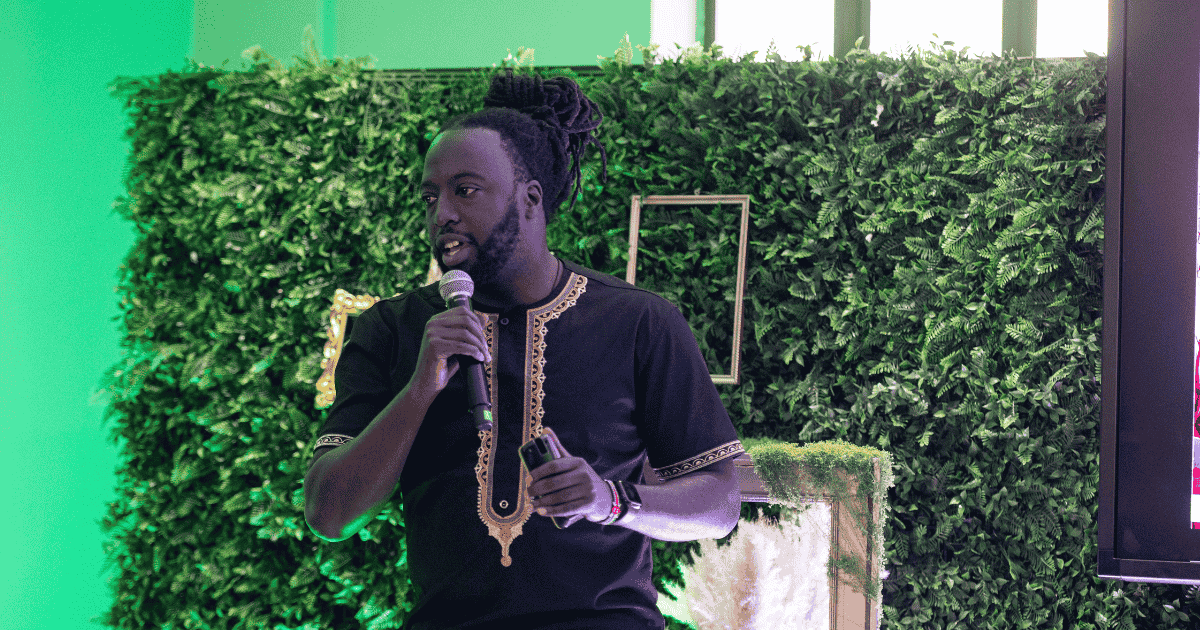
Professor Amayo explains: “This breakthrough is crucial for understanding disease and dramatically accelerating drug discovery. We’ve now advanced to Alpha-43, which extends this power beyond just proteins to model the full spectrum of life’s molecules, including DNA and RNA.
Building Africa’s AI strategy
Google’s African AI strategy spans five pillars.
- Infrastructure
- Talend development
- Research capability
- Vibrant AI ecosystem
- Cross-continental and global collaboration
Infrastructure is growing with cable systems like Omoja and Equiano, plus a new Cloud region in South Africa.
READ: Google Cloud lands in South Africa: More jobs, more AI, more growth
Talent development gets a $7 million boost for AI and cybersecurity skills, on top of $20 million already committed, with teacher training set to reach 210,000 students by 2026.
There’s a focus on research driven by African teams, from urban planning to healthcare mapping, and on growing a startup ecosystem through accelerators and bootcamps.
Responsible AI
Responsible AI came up often in discussions and keynotes; from watermarking AI-generated content to giving publishers control over how their work shows up in Google products.
That said, some questions from journalists about Search, AI Mode, and AI Overviews didn’t get clear answers on the day.
The event made it clear that AI is moving fast, and Google’s plan is to work with universities, governments, and other players to keep policy in step.
Google repeated its editorial line: human in at the start, human out at the end; and pushed the point that Africa’s AI gains will come from using the tech now instead of waiting for some “future of AI” moment.

